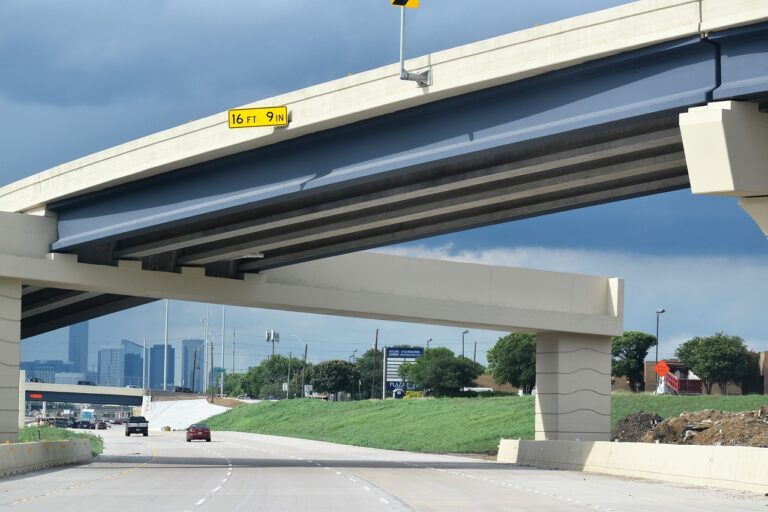The Future of Autonomous Vehicle Regulations: Navigating Legal Frameworks
Implementing regulations for autonomous vehicles poses numerous challenges for policymakers and lawmakers. One key obstacle is the lack of standardized laws across different states and countries, making it difficult to create cohesive regulations that apply universally. Additionally, the rapid advancement of autonomous technology means that regulations must constantly evolve to keep pace with new developments, creating a dynamic and complex regulatory environment.
Another major challenge is ensuring the safety of autonomous vehicles while still promoting innovation and progress in the field. Balancing the need for strict regulations to prevent accidents with the desire to encourage technological advancement requires careful consideration and collaboration between government agencies, industry stakeholders, and advocacy groups. Furthermore, issues such as liability in accidents involving autonomous vehicles and the ethical implications of programming decision-making algorithms add layers of complexity to the regulatory landscape.
Current Legal Frameworks for Autonomous Vehicles
When it comes to the legal frameworks governing autonomous vehicles, there is a complex web of regulations that vary from one jurisdiction to another. The lack of uniformity in the laws applicable to autonomous vehicles can pose significant challenges for manufacturers and operators, often leading to confusion and uncertainty about compliance requirements.
Additionally, the rapid advancement of autonomous vehicle technology has outpaced the development of comprehensive regulatory frameworks in many places. This imbalance can hinder the widespread adoption of autonomous vehicles and create difficulties for policymakers in ensuring the safety and efficiency of these emerging modes of transportation.
Impact of Autonomous Vehicles on Traffic Laws
Autonomous vehicles have the potential to revolutionize the way we approach traffic laws. With self-driving cars equipped with advanced technologies such as sensors and artificial intelligence, the dynamics of the road are expected to shift significantly. One key impact is the need to update existing traffic laws to accommodate the unique operating characteristics of autonomous vehicles. Issues such as liability in accidents involving self-driving cars and determining legal responsibility in the event of a traffic violation will require careful consideration.
Additionally, the introduction of autonomous vehicles may prompt a reassessment of traditional traffic laws based on human behaviors. For example, the concept of “driver” in current regulations assumes a human operator behind the wheel, raising questions about how regulations should account for driverless vehicles. As self-driving cars become more prevalent on the roads, policymakers will need to navigate the legal and ethical implications of defining responsibilities and obligations in this evolving landscape of transportation.
• As self-driving cars become more common, traffic laws will need to be updated to address unique operating characteristics
• Issues such as liability in accidents and determining legal responsibility for violations will need careful consideration
• Traditional traffic laws based on human behaviors may need to be reassessed with the introduction of autonomous vehicles
• Policymakers will face challenges in defining responsibilities and obligations in this evolving transportation landscape
How will autonomous vehicles impact current traffic laws?
Autonomous vehicles will require updates to current traffic laws to address issues such as liability in accidents, insurance requirements, and regulations for self-driving systems.
What are some of the challenges in implementing regulations for autonomous vehicles?
Challenges include determining liability for accidents involving autonomous vehicles, ensuring the safety and reliability of self-driving systems, and addressing privacy concerns related to the collection of data from these vehicles.
What legal frameworks currently exist for regulating autonomous vehicles?
Some countries, such as the United States and Germany, have implemented regulations for testing and operating autonomous vehicles on public roads. These frameworks typically outline requirements for safety assessments, data recording, and reporting of accidents involving autonomous vehicles.
How will autonomous vehicles impact traffic enforcement practices?
Autonomous vehicles may reduce the need for traditional traffic enforcement measures, such as speeding tickets and DUI checkpoints, as self-driving systems are designed to adhere to all traffic laws. However, law enforcement agencies may need to adapt their practices to address new challenges related to autonomous vehicles.







